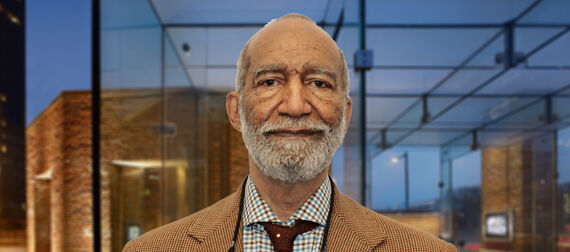Many Westerners imagine Tokyo to be a city illuminated with bright neon lights and all-night karaoke boxes, a sort of Las Vegas meets The Jetsons. They think Tokyo must be extremely advanced because much of the personal technology we use has come from somewhere in Japan. So naturally, they envision Tokyo to be a city where you can access your e-mail on the train or order your groceries while watching a sumo match. Not so—only recently did the major Internet service providers get their acts together to offer high-speed access and there is little progress on configuring areas of the city so wireless users can get online.
It might surprise you to know that cities right here in the U.S. are boasting future plans to wrap entire metropolitan areas in a wireless network cloud—and that some have already cut the proverbial cord. While the effort seems worthwhile, few cities have made a universal wireless system work financially. Philadelphia is endeavoring to prove that the idea can work and a new task force, led by Dianah Neff, the city's chief information officer, argues that our city can be the world's most technologically advanced in the near future.
At the beginning of September, Neff and Mayor John F. Street announced the expansion of the city's burgeoning free wireless hot spot zone, from Love Park down the Benjamin Franklin Parkway to just behind the Art Museum. So far, seven WiFi cells—which look like white shoeboxes with narrow antennae—sit atop streetlights along the Parkway. The cells are hard to spot, even if you're looking for them. (For once, a significant urban planning change that shouldn't upset design advocates.)
The technology behind the wireless mesh cloud is fairly interesting for those in the know but for those who simply want to get online, this kind of network means that right now, you can sit in Eakins Oval and check your stocks or even download music—for free. But it also means, at least in theory, that police officers who are assigned to computerequipped cars can communicate with their districts to get instant mug shots or arrest records. City planners, out on location, can run parcel numbers through a mapping system in a GIS-enabled laptop to check their decisions before they're set in stone. The mayor and his Cabinet can chat anywhere using their BlackBerries until they're blue in the fingers.
The task force argues that making Philly a cybercity will draw new business here, retain graduating college students and help the city emerge as a major tourist destination.
In practical terms, cities should be able to build the physical network with minimal effort—Neff says that the city can deploy their network for about $60,000 per square mile, which would mean an initial cost of $7 to $10 million to cover the entire city. In Ottawa, Canada, a similar wireless zone already extends through 70 city blocks, and the rest of the city is supposed to be included by the end of this year. Houston County, Ga., is working on a network for business owners that will cover 376 square miles. Corpus Christi, Texas, has a 20 square-mile network for government employees to use.
The problem comes with maintenance. This sort of infrastructure is different from road or sewer repair. It would be impossible for a resident to claim that he or she never uses any roads or the sewer system and is therefore exempt from paying taxes to support that infrastructure. A wireless network could catalyze a more earnest argument: How many people have the kind of computer equipment that could even access the network?
The task force wants the service to be built around individual user fees to support the program's estimated $1.5 million in maintenance costs. The idea was to get the prototype—in this case, the Parkway zone—launched and later discuss fees and how this service might impact businesses such as Comcast or Verizon. Verizon was already in the process of a $1 billion upgrade to its wireless service and Comcast had previously threatened to take its headquarters across the river. Neither Comcast nor Verizon officials have spoken publicly about the proposal.
To be fair, all cities hoping to jump on the wireless mesh bandwagon will face problems, like how not to create a wireless monopoly and how not to risk security breaches. But the plan so far promises something close to our dream of Tokyo, a sign that our cities are headed for real change.


